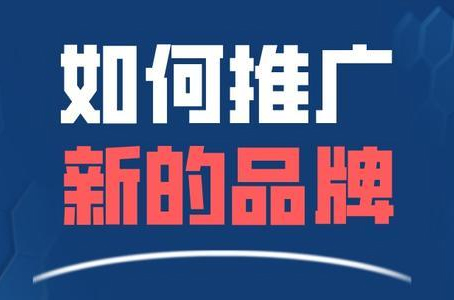In today’s fast-evolving corporate landscape, sticking to conventional team-building exercises no longer cuts it. Tradition-disrupting activity designs are redefining how organizations foster creativity, collaboration, and engagement. These innovative approaches break free from outdated formats, delivering fresh experiences that resonate with modern teams.
Why Tradition-Disrupting Activities Matter
Traditional events often feel predictable and uninspiring. By contrast, disruptive designs challenge norms, sparking curiosity and participation. Whether through gamification, immersive storytelling, or interactive tech, these activities create memorable moments that strengthen connections and drive productivity.
.jpg)
Key Elements of Effective Disruptive Designs
The best tradition-disrupting activities share common traits: unpredictability, personalization, and purpose. They avoid rigid structures, instead allowing organic interactions. For example, escape rooms with custom narratives or hackathons focused on real business problems blend fun with tangible outcomes.
Implementing Disruptive Activities in Your Organization
Start by auditing current events for repetitive patterns. Introduce elements like surprise challenges, cross-department collaborations, or unconventional venues. The goal is to keep participants engaged while aligning activities with company values and objectives.
Measuring the Impact of Disruptive Engagement
Success isn’t just about participation rates—it’s about lasting effects. Gather feedback, track post-event collaboration, and observe behavioral shifts. Disruptive designs should leave teams energized, innovative, and more cohesive.
By embracing tradition-disrupting activity designs, organizations can transform mundane routines into dynamic, impactful experiences that propel both culture and performance forward.
.jpg)

.jpg)
.jpg)
.jpg)